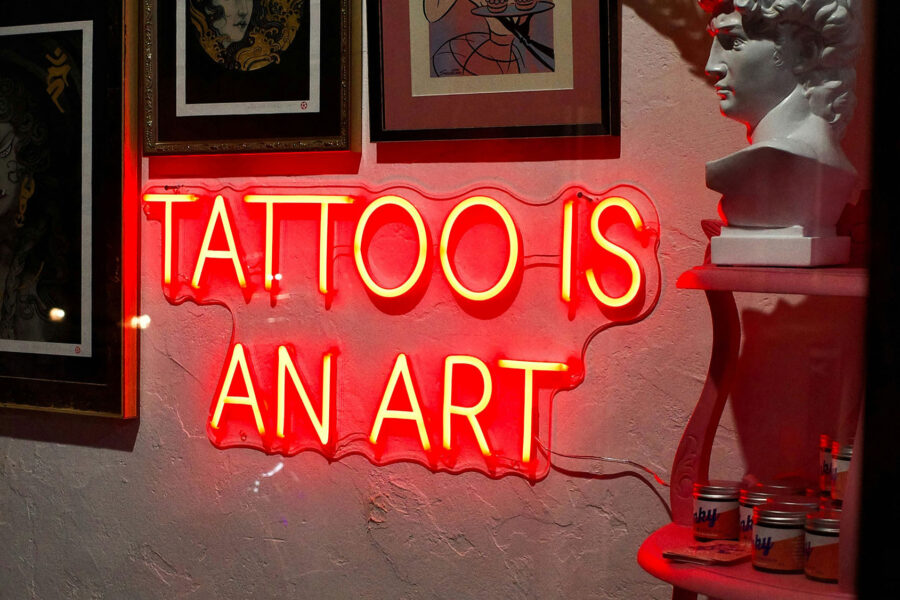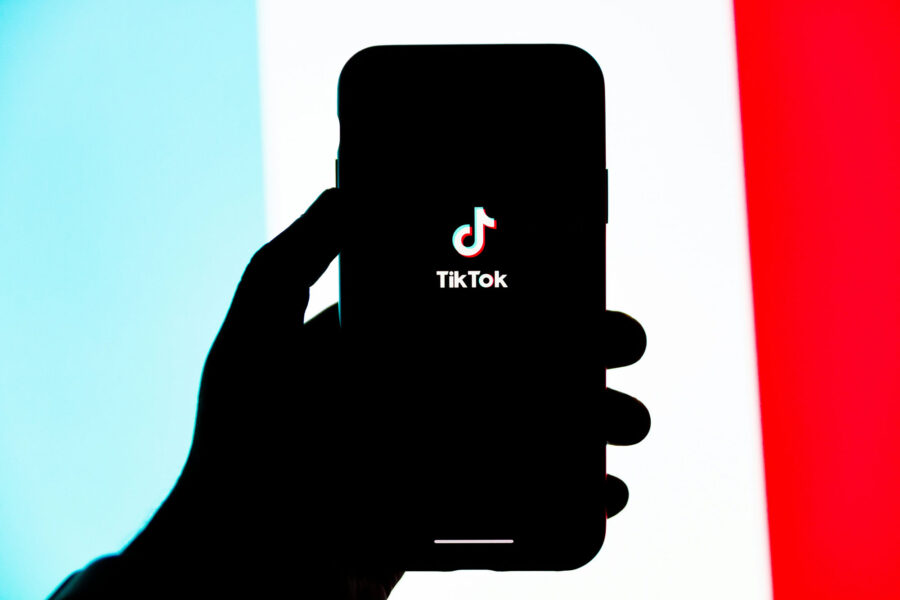Child Influencer Legal Rights: Illinois Passes Law Protecting Child Influencers
Illinois has taken a major step forward in the realm of social media law by becoming the first state to pass a law protecting the income earned by child influencers under 16. The idea for this legislation came from Shreya Nallamothu, who was 15 when she wrote to her senator Dave Koehler (D) about the monetization of social media content featuring children.
Understanding the Benefits for Young Creators
Central to this legislation is the fact that minors are now entitled to a significant slice of the compensation pie from content they feature in. This portion of earnings must be safeguarded in a trust until they reach the age of 18. The logic behind determining the share is straightforward – the amount to be set aside correlates directly with the percentage of the video content in which the minor features. For example, if the minor is in 100% of the videos, 50% of the compensation from the content must be set aside for the minor.
Empowering Minors: Can Children Take Legal Action Against Their Parents?
A notable enhancement to the Illinois child labor regulations permits individuals who’ve crossed 18 to potentially take legal action against their parents. This comes into play if they’ve been part of monetized social media posts yet were left uncompensated. Drawing parallels with the rights accorded to child actors, this law has clear boundaries. It isn’t for parents merely sharing snapshots or clips of their kids on social media platforms for their circle to view. Similarly, a spur-of-the-moment viral video or content solely produced by the minor isn’t under its purview. The essence of this law lies in championing influencer legal rights and ensuring young content creators get their due.
The Future Scope: Will Other States Adopt Similar Social Media Laws?
While this landmark law is set to be effective from January 1, 2024, for content originating in Illinois, it’s poised to create ripples across the nation. States that are hubs for family content creators, like New York and California, are closely watched for following in Illinois’s footsteps, upholding influencer legal rights and reshaping their social media law landscape.




